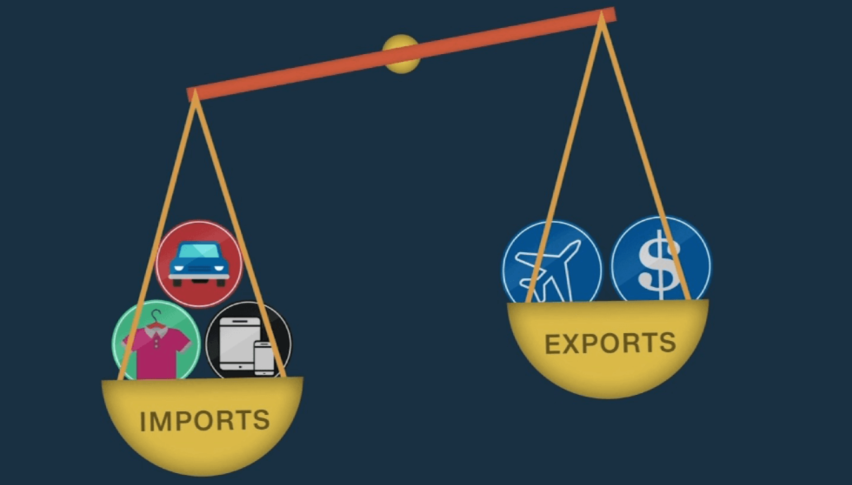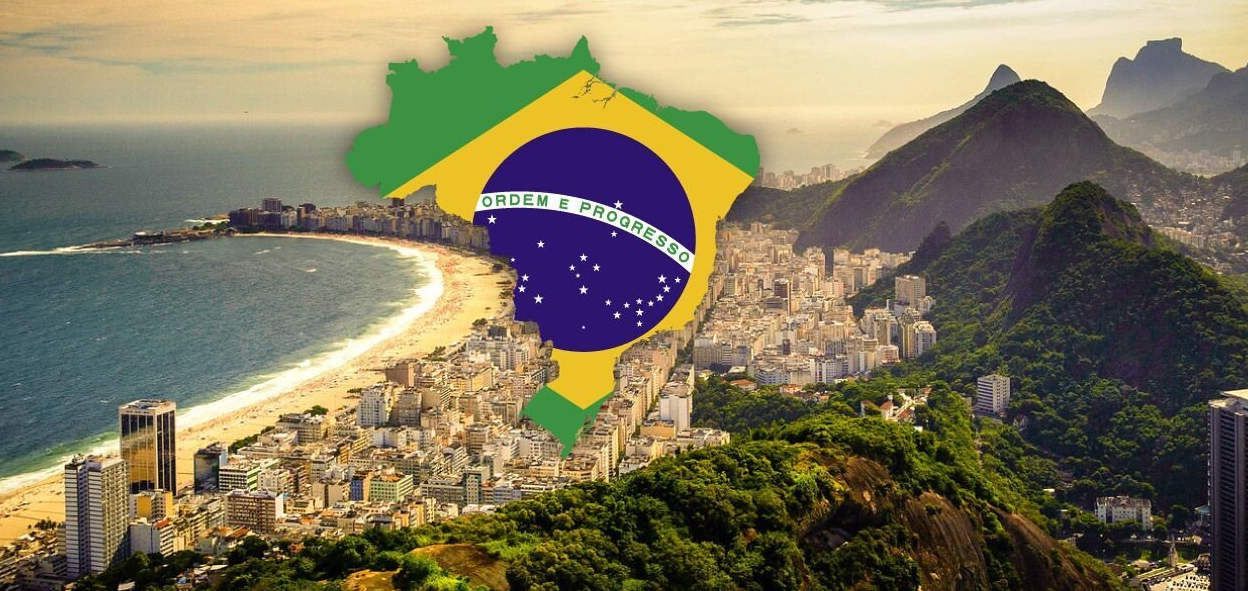Brazil Weighs Countermeasures Against U.S. After Trump’s 50% Tariffs
This year, Brazil’s Congress passed legislation authorizing reciprocal trade measures — including tariffs — in cases of unilateral actions.

Quick overview
- Brazil is considering trade retaliation against the U.S. due to 50% tariffs imposed by the Trump administration.
- President Lula's government has initiated a formal assessment of potential tariffs or sanctions, marking a shift in trade relations.
- The Ministry of Foreign Affairs has been instructed to study the feasibility of applying a reciprocity law against the U.S.
- Camex has 30 days to prepare a report on enforcing the reciprocity law, which could target specific U.S. economic sectors.
Brazil is weighing trade retaliation against the United States in response to the 50% tariffs imposed by Donald Trump’s administration on Brazilian imports.

For the first time, President Luiz Inácio Lula da Silva’s government has begun formally assessing whether to respond with tariffs or other sanctions, marking a turning point in bilateral trade relations.
According to sources at the Ministry of Foreign Affairs (Itamaraty), the foreign minister instructed the Chamber of Foreign Trade (Camex) to launch a study on the feasibility of applying a local reciprocity law against the U.S. Earlier this year, Brazil’s Congress passed legislation authorizing reciprocal trade measures — including tariffs — in cases of unilateral actions targeting Brazilian products and services.
One Month to Decide
The process was set in motion after Lula gave the green light to activate the new legal tool. Camex now has 30 days to prepare a technical report on whether to enforce the reciprocity law. If approved, a government task force will determine which U.S. economic sectors would be targeted.
Washington will be formally notified of the procedure this Friday, a significant escalation from Brazil’s earlier approach, which had been limited to filing consultations at the World Trade Organization (WTO).
Bolsonaro Case Fuels Tensions
The 50% tariffs, imposed by Trump earlier this month, were justified on allegations of unfair trade practices and what he described as a “witch hunt” against former president Jair Bolsonaro, who faces trial for allegedly plotting a coup.
The U.S. measures hit a range of Brazilian exports but spared key sectors such as concentrated orange juice and the aerospace industry — represented by Embraer — which remain among Brazil’s top exports.
- Check out our free forex signals
- Follow the top economic events on FX Leaders economic calendar
- Trade better, discover more Forex Trading Strategies
- Open a FREE Trading Account